Negev..jpg" /> Bedouins stage protest against Israeli demolition campaign in Negev.
Negev, 26 Rabiul Awwal 1438/26 December 2016 (MINA) – Two marches organized by the Supreme Steering Committee of Negev Arabs set off Sunday in Israel’s southern Negev region to protest the ongoing demolition campaign targettng Palestinian homes in the area.
Protesters held signs that condemned the Israeli policy of home demolitions in the Negev, especially during winter when families are left homeless in the cold weather, Ma’an news agency reported.
On Thursday, Israeli forces demolished the “unrecognized” al-Araqib Bedouin village in the Negev for the 107th time.
Also Read: Singapore Sanctions Four Israelis Over Violence Against Palestinians in West Bank
Israeli forces began targeting the village with demolitions in 2010, along with filing multiple lawsuits against the residents and imposing more than 2 million shekels ($527,920) worth of fines. The first demolition of al-Araqib took place more than six years ago on June 27, 2010.
Al-Araqib is one of 35 Bedouin villages considered “unrecognized” by the Israeli state. According to ACRI, more than half of the approximately 160,000 Negev Bedouins reside in unrecognized villages.
While Bedouins of the Negev are Israeli citizens, the villages unrecognized by the government have faced relentless efforts by the Israeli authorities to expel them from their lands in order to make room for Jewish Israeli homes.
The classification of their villages as “unrecognized” prevents Bedouins from developing or expanding their communities, as their villages are considered illegal by Israeli authorities.
Also Read: Israel Issues 40 Demolition and Stop-Work Orders in Jerusalem
Israeli authorities have also refused to connect unrecognized Bedouin villages to the national water and electricity grids, while excluding the communities from access to health and educational services, and basic infrastructure.
Rights groups have claimed that the demolition of unrecognized Bedouin villages is a central Israeli policy aimed at removing the indigenous Palestinian population from the Negev and transferring them to government-zoned townships to make room for the expansion of Jewish Israeli communities.
Indigenous rights groups have also pointed out that the transfer of the Bedouins into densely populated townships also removes them from their traditional semi-nomadic lifestyles which is dependent on access to a wide range of grazing land for their animals. (T/RS05/RS01)
Mi’raj Islamic News Agency (MINA)
Also Read: Israeli Occupation Army Kill Five Palestinians Emerging From Tunnel in Rafah





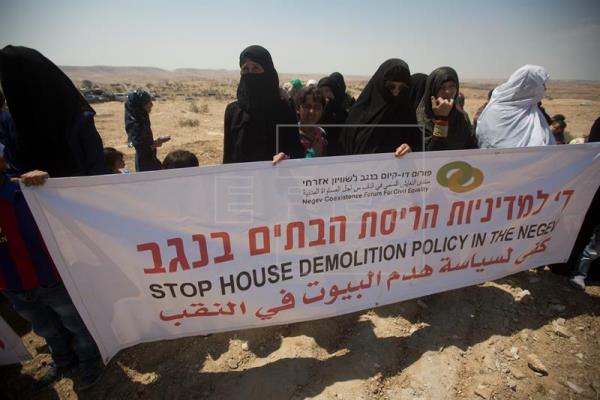



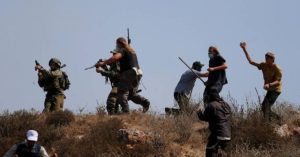


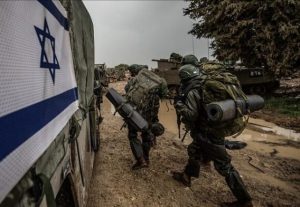


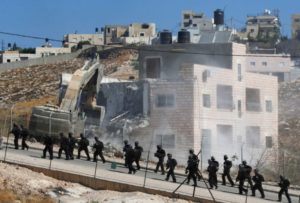
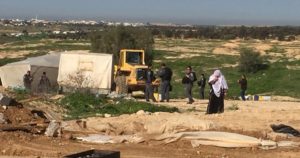
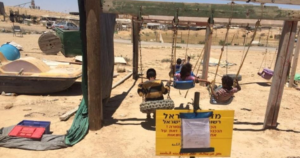
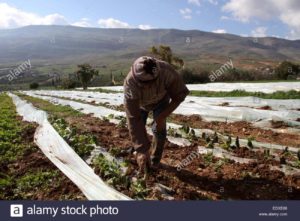
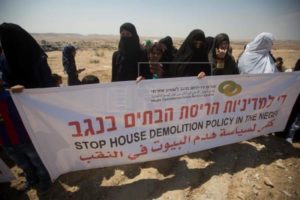











 Mina Indonesia
Mina Indonesia Mina Arabic
Mina Arabic